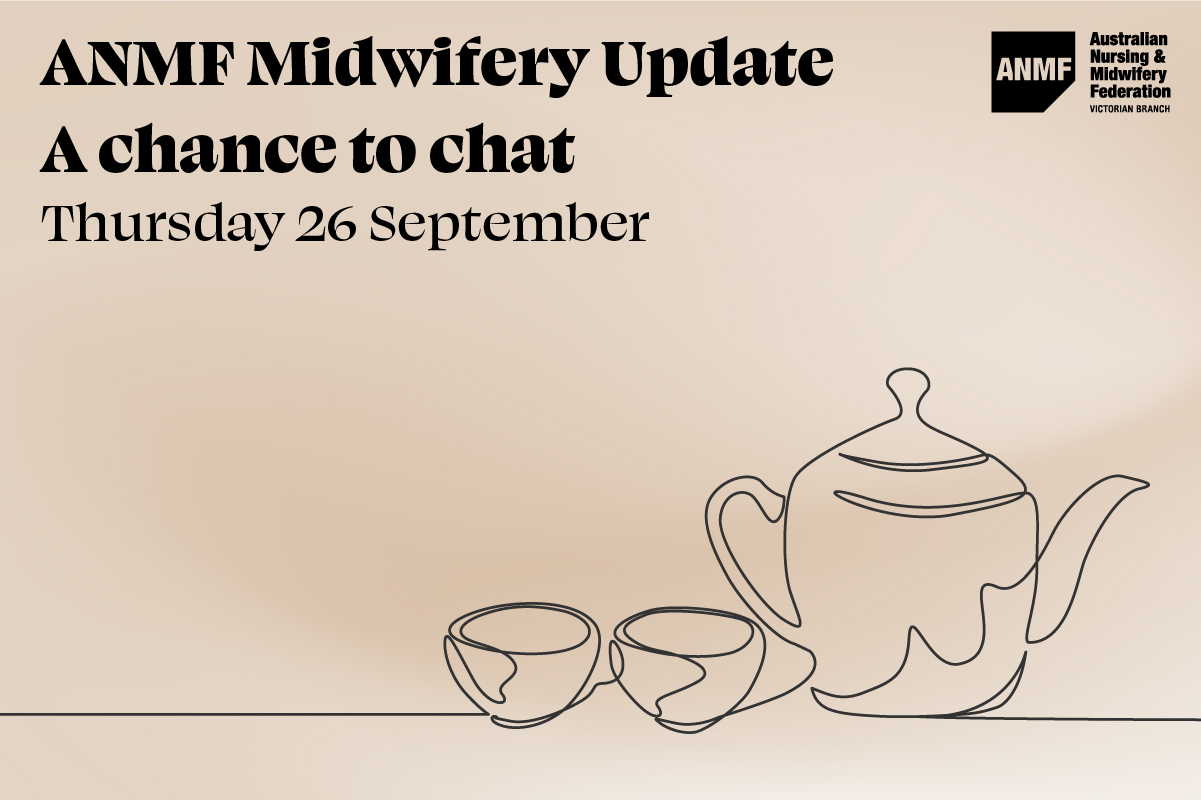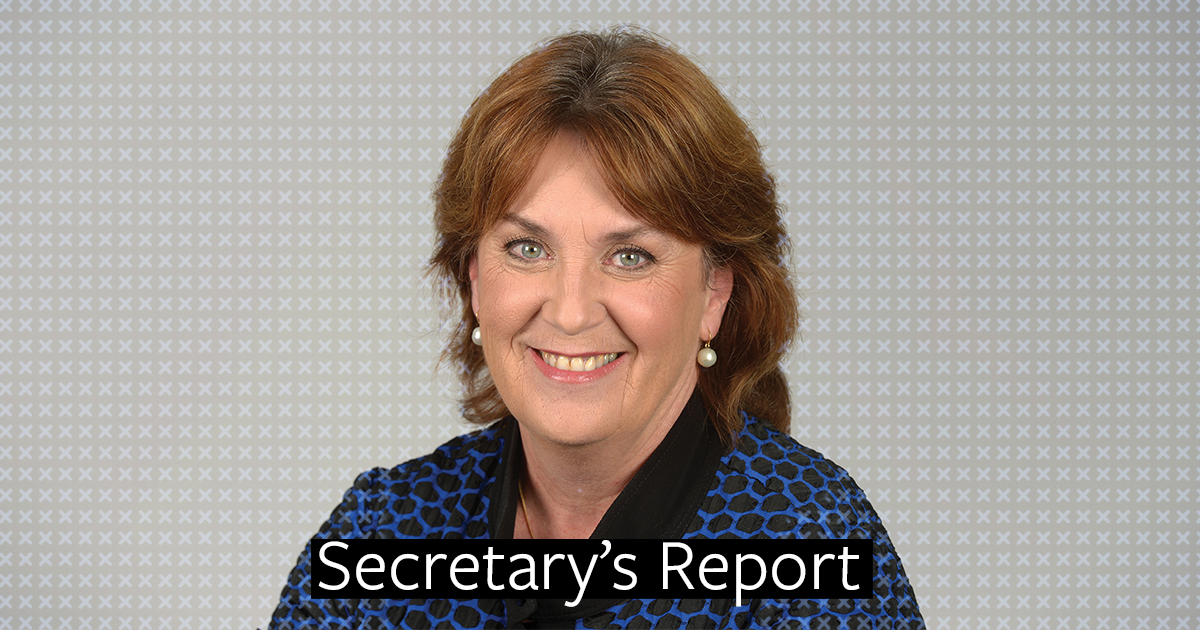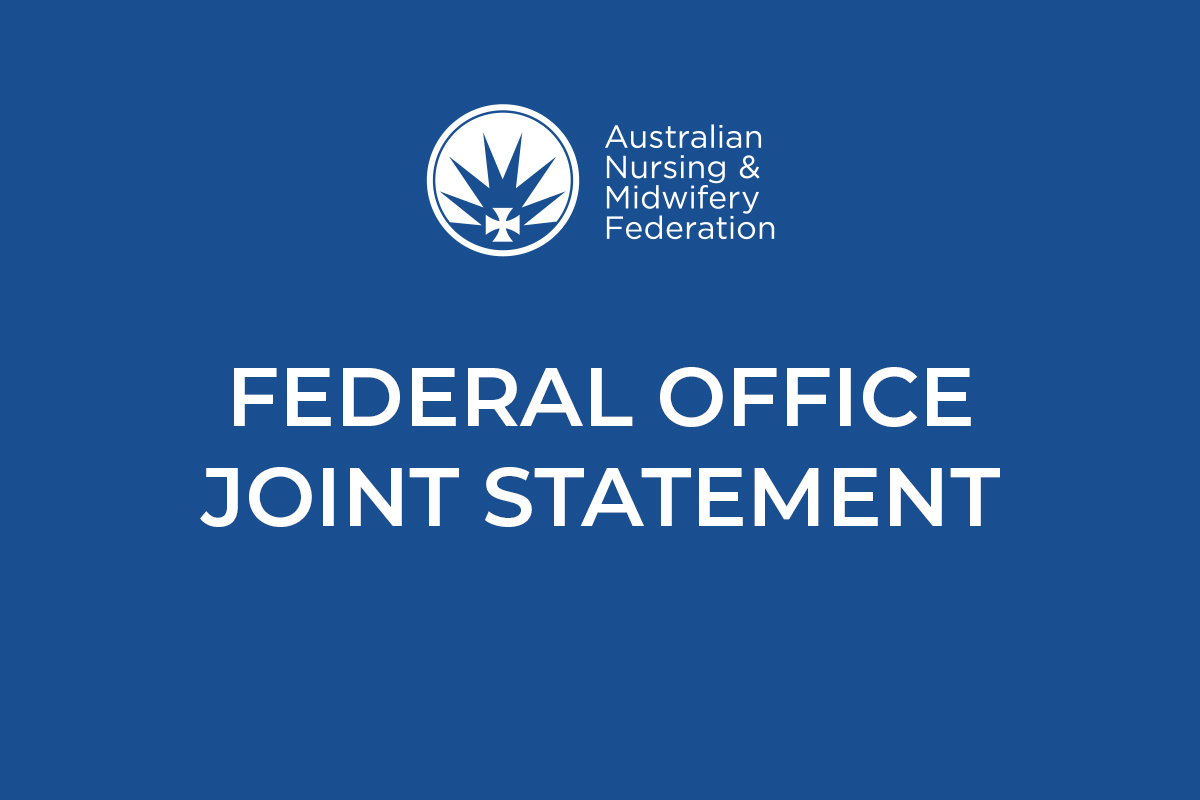
Paul Gilbert
Victoria’s mental health royal commission has been set an ambitious task.
The Andrews Government is seeking comprehensive recommendations to prevent mental illness and suicide, treat early stage mental illness, create clear pathways through the health system and improve mental health outcomes.
The Commission does not need to establish that the system is broken because everyone already knows it is — that is the working premise of this important inquiry.
That means that when it listens to the people who have experienced the system and those who work in the system, it can focus on finding solutions.
Awareness campaigns have certainly reduced stigma. But awareness is not enough.
Mental illness must be treated as seriously as physical illness.
Nurses and midwives care for people across the lifespan. They comprise most of the health workforce in rural, regional and metropolitan Victoria. That means they are ideally placed to provide universal mental health and physical health assessment, intervention, referral and follow up through a range of highly regarded nurse-led programs.
Their undergraduate and postgraduate education means nurses and midwives have the expertise to provide holistic, person-centred care that focuses on a person’s physical, psychological, social and spiritual needs. They have experience and they have multiple skills across a range of disciplines.
Nurses and midwives want the opportunity to help develop accessible pathways to tailored, ‘holistic care’ for all people who seek mental health treatment and support, and to help identify those people accessing general health services who may also need mental health services.
Not every initiative needs to be new. The Mental Health Nurse Incentive Program (MHNIP) was a federal community mental health nursing program that had success keeping people with serious mental illness well and living in the community. The program reduced demand on emergency departments and acute mental health services. It improved people’s mental health, their physical health and their engagement in employment and education. Despite its success, the program was closed. Mental health nurses were made redundant. The funding now swirls around in Primary Health Networks’ ‘flexible funding’ bucket.
The return of this model will be a key ANMF recommendation.
ANMF’s royal commission recommendations are designed to create ‘clear, seamless, readily accessible pathways to tailored, holistic care’ for all people who seek mental health treatment and support.
Our submission has been developed with input from our mental health nursing members and finalised with mental health job reps and health and safety reps. It details a solid range of recommendations that will ensure consistent, best-practice approaches across the state.
The mental health royal commission hearings began 2 July 2019.
The deadline for submissions is 5 July.




